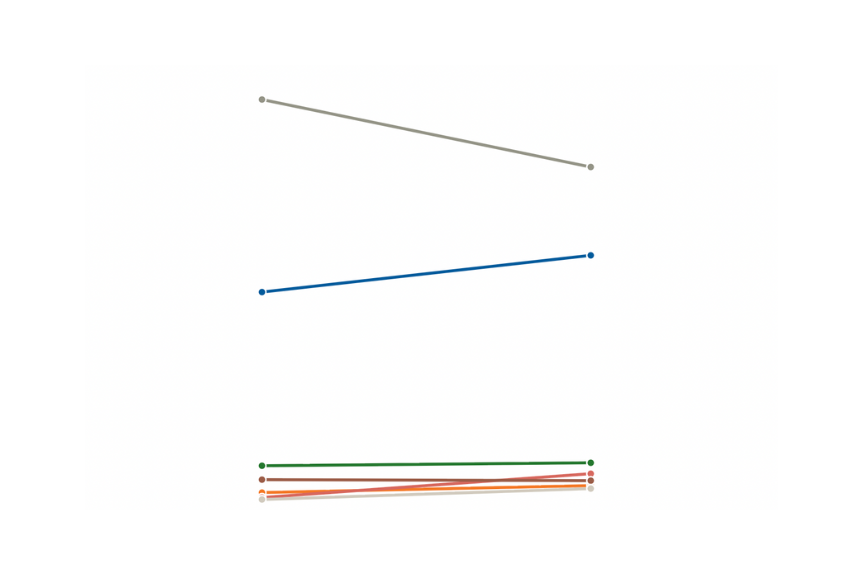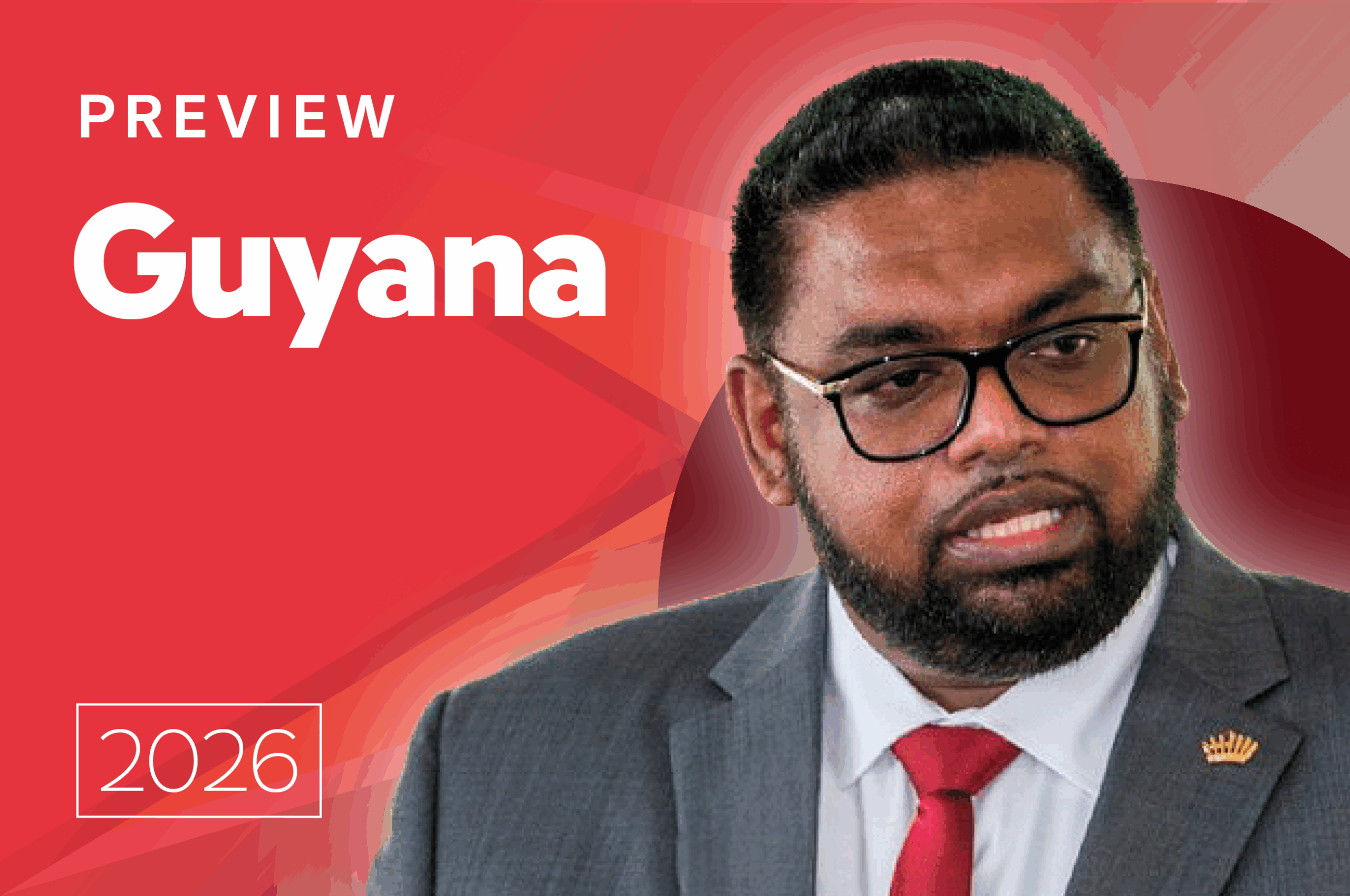Resolving the Honduras Crisis: Options and Actions
Resolving the Honduras Crisis: Options and Actions
In light of the June 28 overthrow of Honduran President Manuel Zelaya, the Council of the Americas hosted a July 9 discussion of the recent political crisis. Panelists debated about factors contributing to the crisis, the U.S. and OAS responses, and the road ahead for Honduras.
Speakers:
- Cris Arcos, Government Affairs Counselor, K&L Gates, and former U.S. Ambassador to Honduras
- Adolfo Franco, Vice President for Global Regulatory Affairs, Direct Selling Association, and former USAID Assistant Administrator for Latin America and the Caribbean
- Jim Swigert, Senior Associate and Regional Director, Latin America and Caribbean Programs, National Democratic Institute
- Eric Farnsworth, Vice President, Council of the Americas (Moderator)
Summary
In light of the June 28 ouster of democratically elected Honduran President Manuel Zelaya, the Council of the Americas hosted a July 9 discussion of the recent political crisis. Speakers engaged in a dynamic conversation, providing a range of viewpoints on the factors contributing to the crisis, the responses of the United States and the Organization of American States, and the road ahead for Honduras and the international community. Extreme social and political polarization characterized the recent coup in Honduras and the events leading up to it. This polarization was captured in the speakers’ spirited debate, which revealed diverging viewpoints on how to understand and resolve the conflict.
Classifying the Crisis
Moderator Eric Farnsworth opened the conversation by asking the panelists about U.S. interests in Honduras. K&L Gates’ Cris Arcos contended that, since the Cold War, the United States has lacked a framework for engaging with Honduras and has not articulated its overriding goals or interests in Latin America. “We have basically been neglecting the whole region for years,” he said. He added that factors such as the failure of the Honduran political class, severe income inequality, and impunity for high-level officials created a vacuum for populists and demagogues to fill.
National Democratic Institute’s Jim Swigert agreed with Arcos’ analysis, but also noted the strong bipartisan commitment in the United States to promoting democratic processes in the region. He said that Washington hopes to see the return of Zelaya to office democracy restored. The recent conflict could provide the United States with an opportunity for more sustained engagement in Honduras and throughout Central America, he added.
While Swigert credited the Obama administration with making efforts to strengthen relations across the hemisphere, he said the focus should not be on politics, but on the unfolding events. “As a student of democracy in the hemisphere and elsewhere, I have come to no other conclusion than that this represents a break in constitutional and democratic order—a coup,” said Swigert. Former USAID official Adolfo Franco disagreed, calling the situation a “manufactured crisis” precipitated by Zelaya and facilitated by a combination of internal and external factors. “The new model in Latin America isn’t coups,” he commented. “It is to get elected and then systematically dismantle democracy.”
Tough Criticism
All three speakers agreed that the response of the Organization of American States (OAS) has fallen short. Swigert stated that the OAS should have made a greater effort to diffuse the confrontation before stability deteriorated. Arcos added that the OAS acted too hastily in suspending Honduras’s membership in the institution.
Franco characterized the response of the Obama administration to Zelaya’s removal as a “knee-jerk reaction.” As a result, he said, “the U.S. has played into the hands of anti-democratic leaders in the region. We’ve joined that chorus.” But Franco’s toughest criticism was reserved for the inconsistent application of the Inter-American Democratic Charter, which he said has been applied selectively.
The Way Forward
“Reelection fever,” as Swigert put it, has spread rapidly throughout Latin America in recent years. The panelists acknowledged this political shift and agreed that the United States has an obligation to develop a better understanding of legal systems in Latin America, including a more careful approach to the concept of rule of law. Differences of opinion, however, emerged when Farnsworth asked what would be the best path forward.
Swigert said the OAS should improve its system of early warning when confrontation is brewing in fragile democratic states, but Franco rejected OAS involvement, saying that international organizations such as the OAS and the United Nations are against U.S. interests. Echoing Arcos’ call for the Obama administration to maintain a sustained role in the region, Swigert stressed that the international community, including the United States, should help guarantee the outcome of the mediation between Zelaya and Roberto Micheletti, who claimed the position of President of Honduras after Zelaya’s ouster. Both Swigert and Franco were critical of the idea of moving up the date of presidential elections in Honduras. Swigert said doing so could cause more conflict if not widely agreed on.
All three panelists agreed that economic sanctions are not the solution. Arcos stated that imposing sanctions could leave Honduras reeling and isolated, as was the case in Haiti after the removal of Jean-Bertrand Aristide. Franco added that sanctions and the suspension of foreign aid would be a disproportionate response to the political events unfolding in Honduras. Swigert agreed: “They are a blunt instrument,” he said. “They take a long time, they have unintended consequences, and they are difficult to dismantle. They are not the right answer.”








